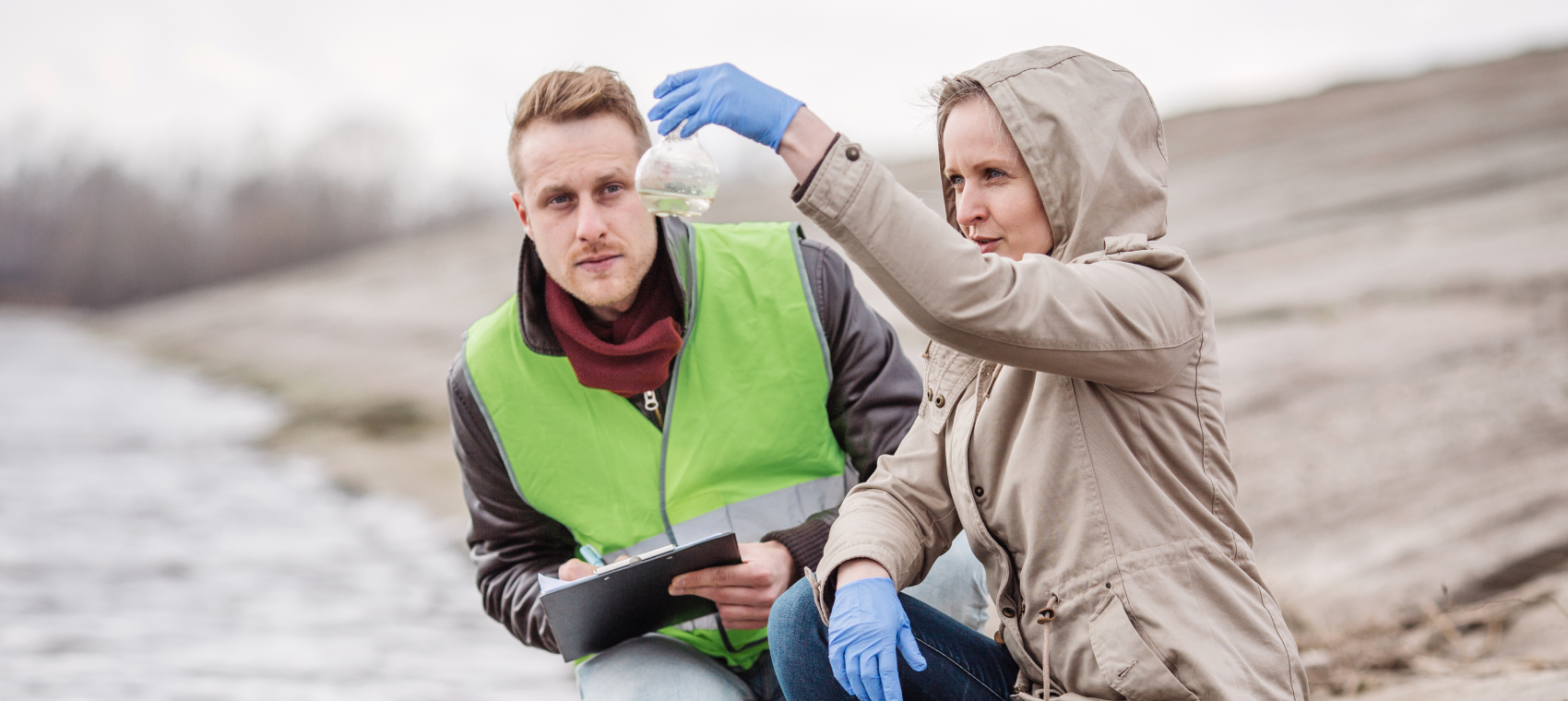Fisheries
CAREERS

Hydrobiologist
Marine biologists who specialize in fisheries or aquaculture may work to protect biodiversity, studying the effects of over-fishing, or cultivating certain species for fish farms.
Average yearly salary
- 39.620 – 99.700 Euro
Work Schedule
- long hours and irregular intervals of time
What you’ll do
- Marine biologists study a wide variety of aquatic organisms, from microscopic plankton to massive whales.
- Most marine biologists choose a specialty field such as phycology, ichthyology, invertebrate zoology, marine mammalogy, fishery biology, marine biotechnology, marine microbiology, or marine ecology.
- Specialization in studying a particular species also is common.
Education, training, and qualification
- bachelor's degrees in biology, zoology, fisheries, ecology, or other animal sciences
Experience
It's essential to get work or voluntary experience to stand out from the competition. If you're interested in a career in research, look into what your university supervisors, professors, lab technicians or PhD students are working on and ask if you can assist with their projects. Personal Qualities and Skills
- Critical and analytical thinking
- Observational skills
- Physical and emotional stamina
- Teamwork
Career path and progression
Entry-level positions are available with a first degree and provide opportunities to work in ocean laboratories and research institutions with a view to undertaking a PhD at the same institution. More senior posts will require a PhD, management experience, considerable experience of successfully obtaining funding and extensive publication within the field. Progression in a lab technician role means greater management and supervisory emphasis than science. Where could you work
Fieldwork often involves on boats or otherwise in or around water. Depending on the nature of the research, it can be physically demanding and may require being underwater in scuba gear at different times. In some instances, fieldwork potentially can be dangerous if doing research in areas shared by large or aggressive species. Some work can be done in a laboratory setting, and work can be mostly solitary once the fieldwork is done, and numbers need to be crunched and papers need to be written. 

